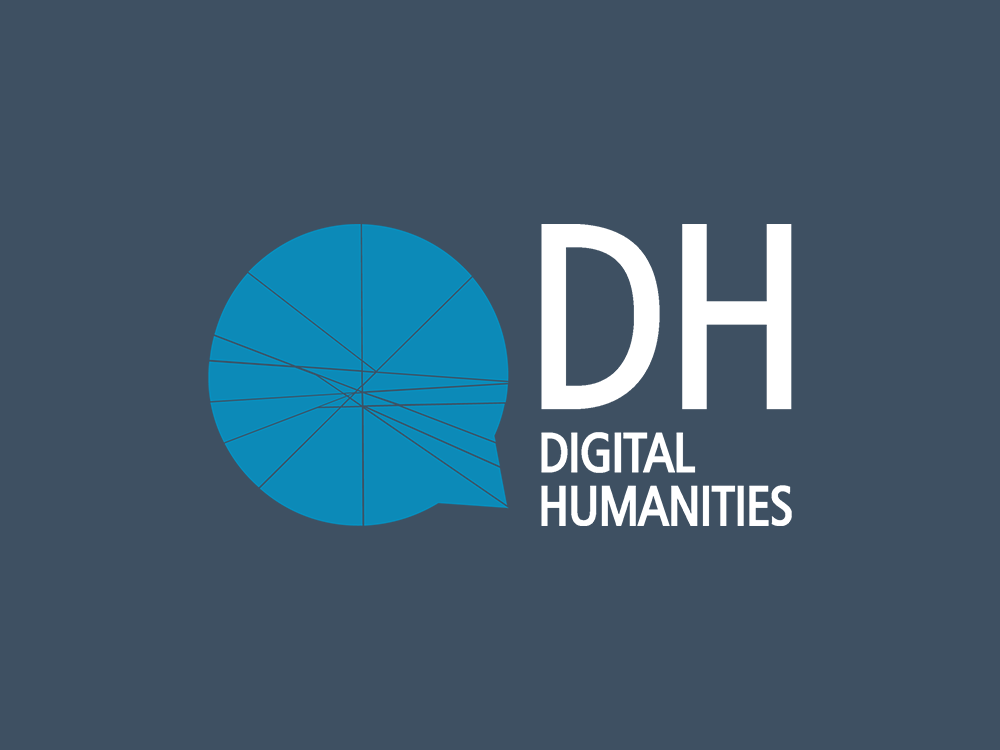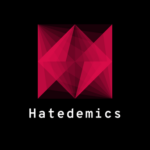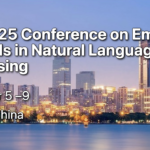Speaker: Michele Petochi (EPFL), Managing Director EPFL Venice at École polytechnique fédérale de Lausanne
Abstract:
A partnership in digital humanities between Ecole polytecnhique fédérale de Lausanne (EPFL), Università Ca Foscari and Archivio di Stato di Venezia, the Venice Time Machine aims to build a multidimensional model of Venice and its evolution over more than a 1,000 yearsm and create a large open access database for research & education from over 80 kilometers of shelves of archival documents (digitized, transcribed and indexed) to the benefit of the Venetian studies community, the larger research community, and society at large. Currently funded by Fondation Lombard Odier, Venice Time Machine unfolds in the broader context of the challenges in big data science in all disciplines, including the Humanities, which through science and technology now have an unprecedented opportunity to become stronger in their educational offering (possibly also attracting new profiles of students) , research and technology transfer, with a higher economic impact. Specifically, the archival heritage faces multiple challenges, from conservation and restoration to digital acquisition, and ultimately in how it is brought to fruition for traditional and new audiences, for example through advanced visualisation. In particular at the level of acquisition, digitising very large volumes of ancient materials remains inconceivable at the current speed and cost of machines and human resources unless new technologies become available, and so are the challenges in transcription and description of documents (e.g. metadata) and the development of software allowing to see, read, search through highly heterogeneous materials still very real. The collaboration with Archivio di Stato di Venezia saw a pre-study phase of 6 months that allowed a reasonable estimate of time and cost of digitisation for the main collections of the Archives based on very granular information on typologies of document, time of scanning and other parameters. The next level in the venture will be the digitisation of these entire collections (approx 12 million pages) over the next 3-5 years. At the same time research in new technologies for the acquisition of the materials will continue, hopefully with a successful transfer over a reasonable timeframe.
Location:
Sala 102
Contacts:
Federico Sangati, sangati@fbk.eu






